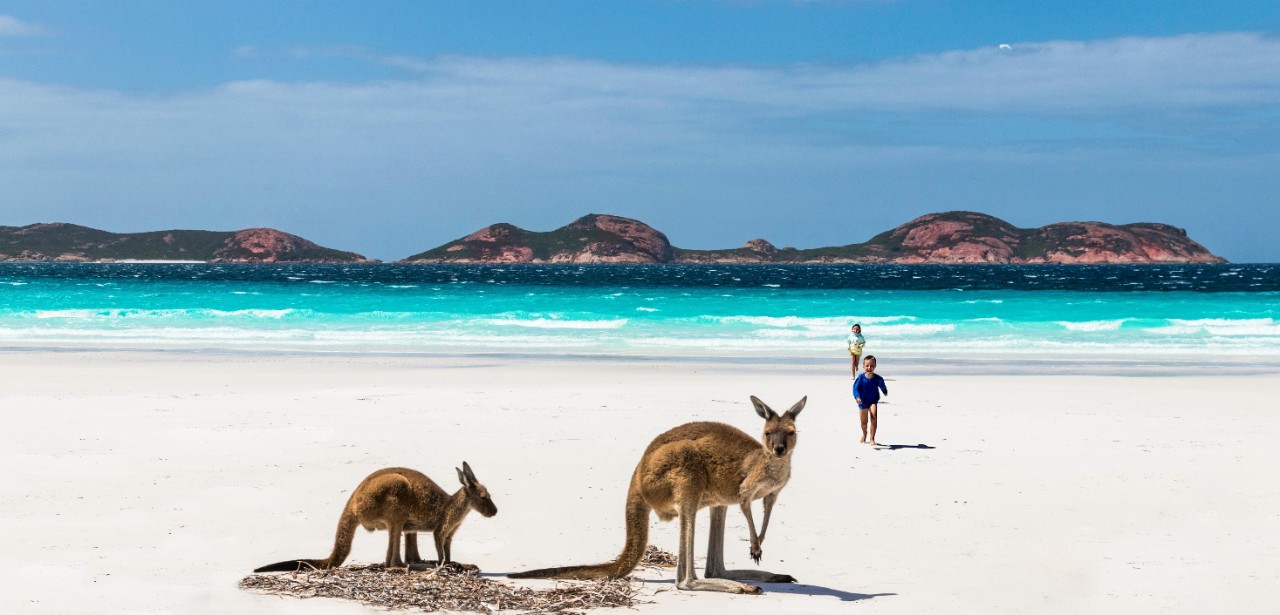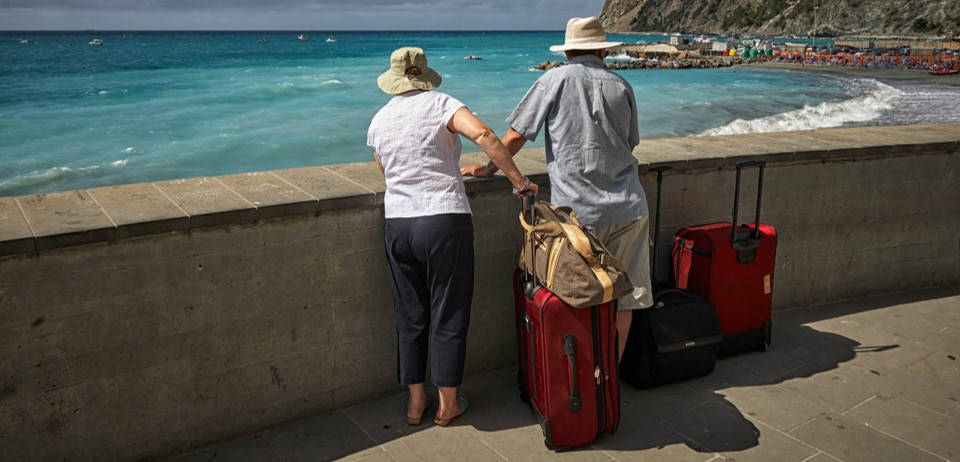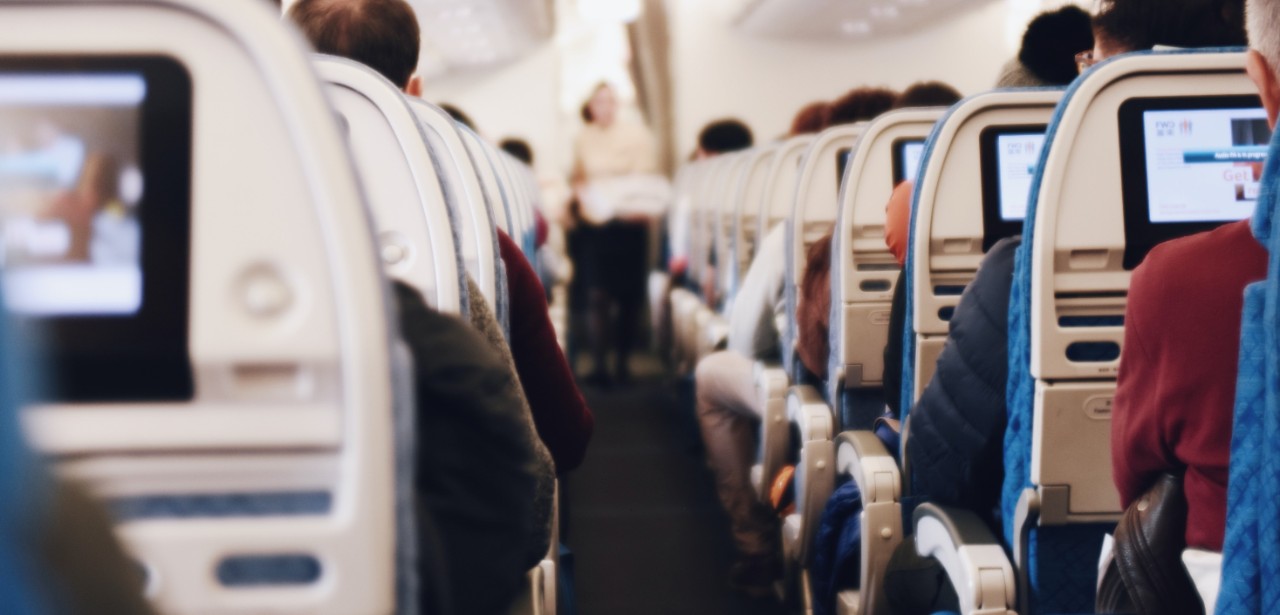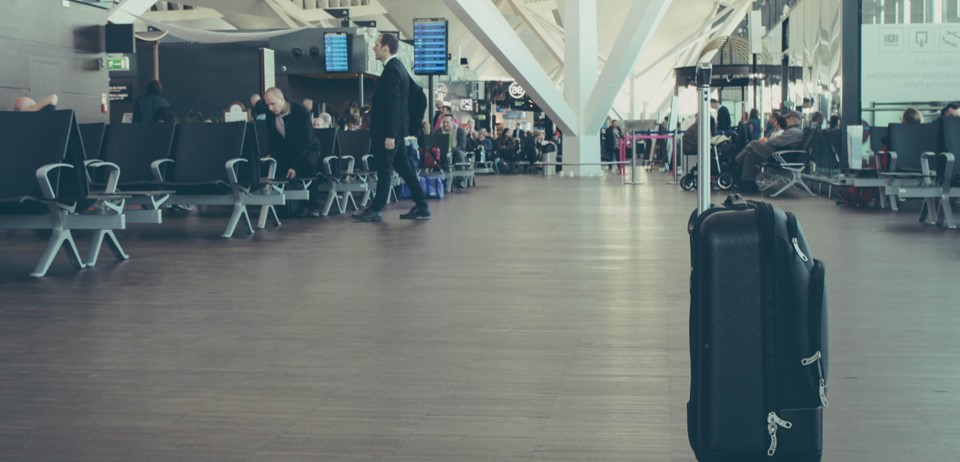What is Yellow Fever?
Yellow Fever is a viral illness (caused by a virus) transmitted by a mosquito bite (from an Aedes type mosquito).
There are two main geographic zones where this endemic exists:
Zone 1: Intertropical Africa (Angola, Benin, Burkina Faso, Burundi, Cameroon, Central African Republic, Congo - Zaire, Congo Brazzaville, Ivory Coast, Ethiopia, Gambia, Gabon, Ghana, Guinea, Guinea Bissau, Equatorial Guinea, Kenya, Liberia, Malawi Republic, Mali, Mauritania, Niger, Nigeria, Uganda, Rwanda, Senegal, Sierra Leone, Somalia, Sudan, São Tomé & Príncipe, the United Republic of Tanzania, Chad, Togo, Zambia).
Zone 2: South and intertropical Central America: Bolivia, Brazil, Colombia, Ecuador, Guyana, French Guyana, Panama, Peru, Surinam, Trinidad and Tobago, Venezuela.
What are the signs of Yellow Fever and how do you treat it?
In most cases, this is a benign illness. Incubation last 3-6 days; the symptoms are similar to the flu: the beginning is dramatic with a high temperature, headaches, various digestive troubles and overall muscular pains.
An efficient treatment does not exist, but medication can be prescribed to treat the symptoms (the fever and possible pains with antipyretics and analgesics like paracetomal and codeine. Aspirin should be avoided.
In most cases, the illness disappears after 24-72 hours. The fever drops and convalescence is relatively short without after-effects. Unfortunately, this lull (remission period) sometimes precedes the appearance of a much more serious form of the illness (toxic period). Several hours or even days later, the fever can rise again and the patient can suffer from digestive haemorrhaging, jaundice (hence the name Yellow Fever) and severe renal troubles. The patient can then suffer from delirium and convulsions and fall into a coma. This serious form of Yellow Fever often results in death.
How to prevent Yellow Fever
Due to the absence of any specific treatment for Yellow Fever, it is absolutely essential to have the vaccination.
This is obligatory or strongly recommended for all tropical African and American countries. It is also required if you have just travelled to an endemic country, even after a simple transit, to enter into most tropical and sub-tropical countries, including Asia and Oceania.
The vaccination can only be procured in an authorised centre, in a single injection that is validated in a specific health booklet. It must be administered at least 10 days before departure. This delay represents the time necessary for an efficient immunisation. The vaccine against Yellow Fever is valid for 10 years. But beware! This vaccine is not recommended for people allergic to eggs.
If you have any problem while travelling, don’t wait until you get home to consult a doctor. The regulating doctor of your assistance company is available to discuss any questions or doubts you may have about your health. He/she can provide useful advice, contact your family doctor and organize a consultation wherever you are.
Travellers who need protection
This vaccination is not recommended for children under 6 months of age, pregnant women, people suffering from immune deficiency and certain allergic patients. These four types of travellers should therefore avoid vacationing in Yellow Fever endemic regions. If the trip is absolutely necessary, the doctor at the certified vaccination centre will be able to evaluate the benefits of a vaccination according the risks. It should be noted that even if the vaccination is not given, or there is a contra-indication to it, numerous countries will require a medical certificate before entering their territories.
You may want to know more about the vaccinations for travel.

















